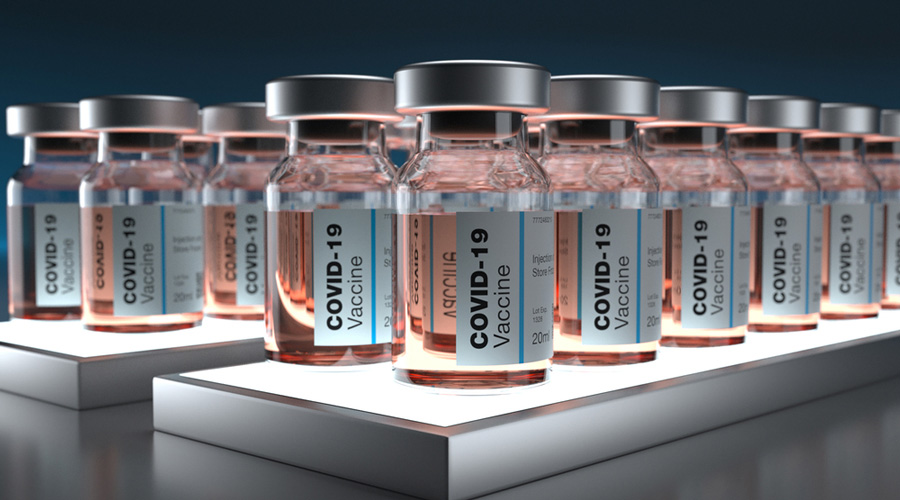The central government on Tuesday announced that private hospitals must procure their vaccine orders via CoWIN after registering on the platform, and can no longer directly buy them from manufacturers.
In order to balance limited supply and prevent wastage, the Centre also put a limit on the maximum number of doses a private unit can order in a month, according to a report by ndtv.com.
The new guidelines come into effect from July 1, and include a formula - double the average daily consumption of vaccine doses in any seven-day period (the hospital can choose the seven-day period) of the previous month - to calculate a private hospital's "maximum monthly limit".
For example, if a private hospital has ordered for July, it can select June 10-16 as the seven-day period. In that period, if it utilised 700 doses, the daily average is 100. The "maximum monthly limit", therefore, is 100 doses x 31 days (for July) x 2 (double the average), which is 6,200 doses.
Hospitals joining the vaccination drive for the first time will be allocated vaccines based on the number of beds available, according to the report by ndtv.com.
All private hospitals will enter required details into the CoWIN database that will then aggregate district- and state-wise demand before passing the information on to the manufacturers.
No prior approval from government authorities will be necessary.
The move comes a day after the Jharkhand government requested the Centre to cut down on the quota of Covid-19 vaccines for private players from 25 per cent to 5 per cent, citing lack of private healthcare facilities in rural areas and a high BPL population in the state with limited purchasing power. Other states like Tamil Nadu and Odisha had also requested for the same.

